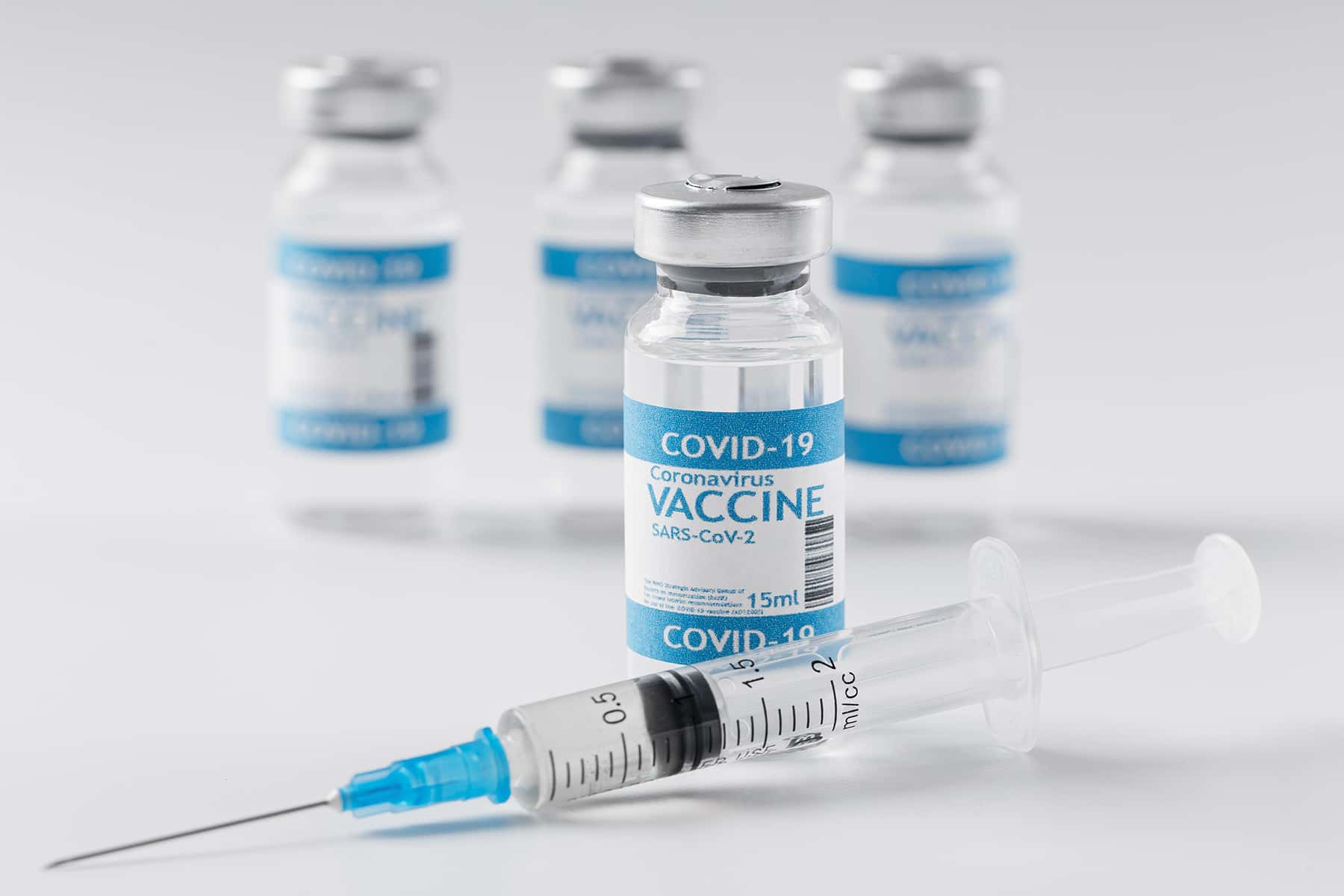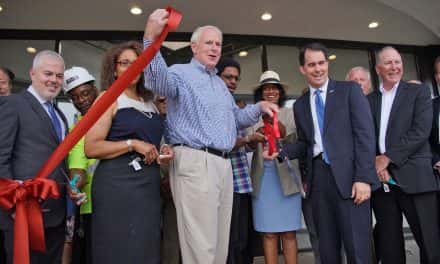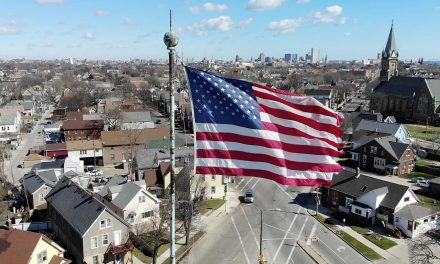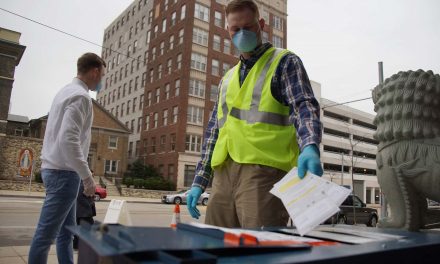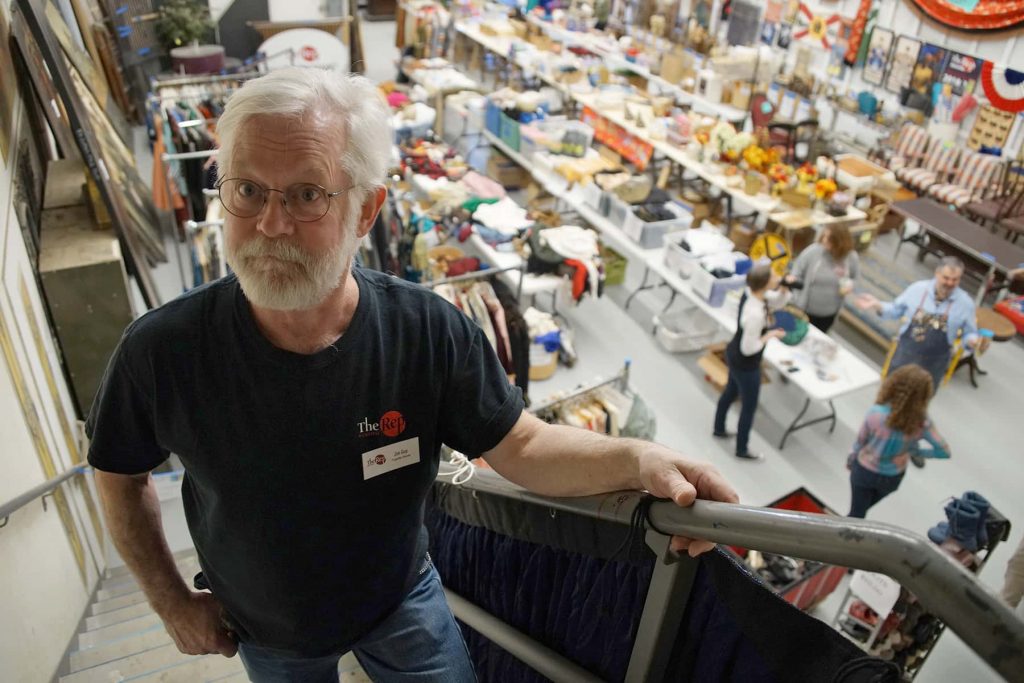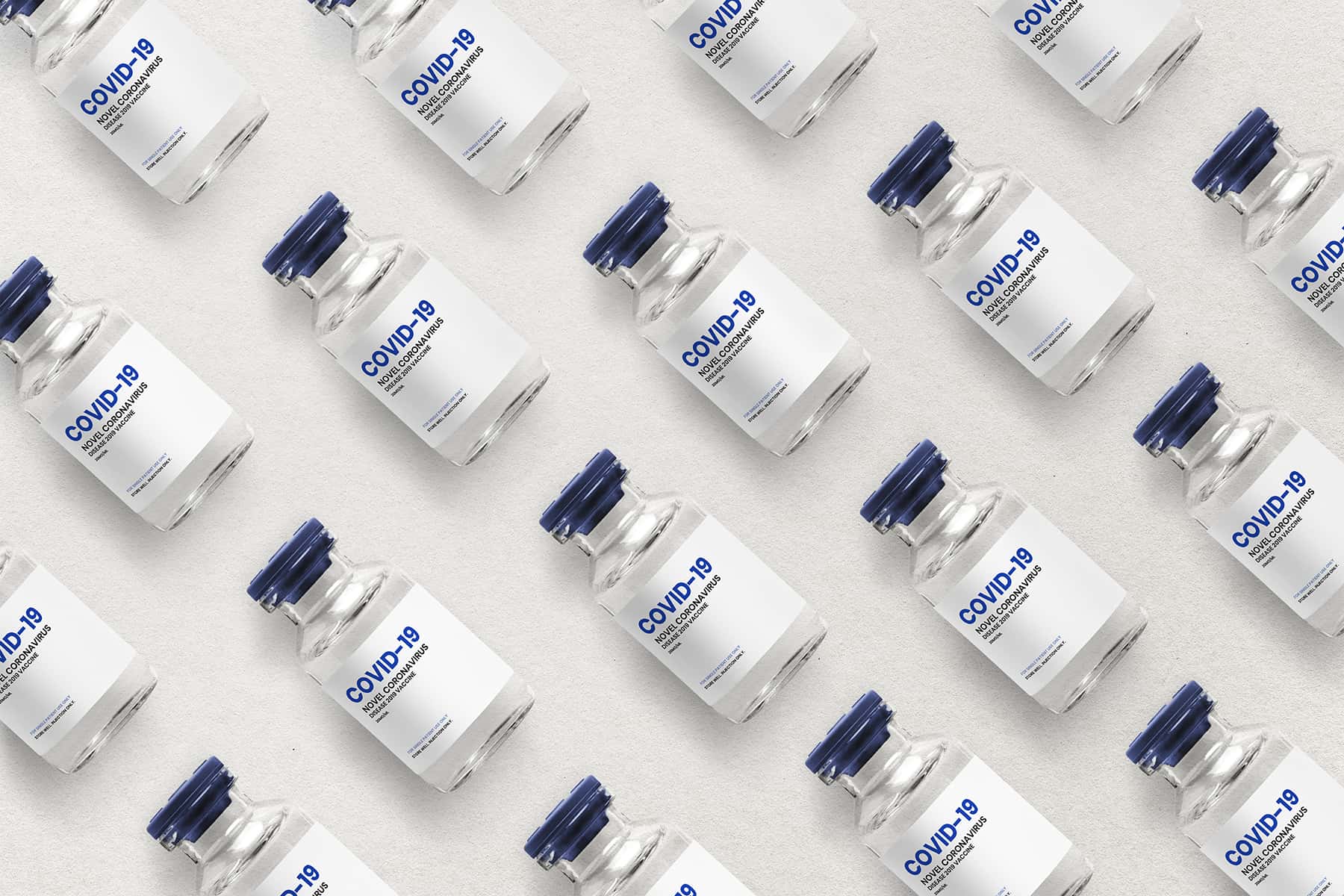
Governor Tony Evers and the Wisconsin Department of Health Services (DHS) announced on August 13 that half of the state’s entire population have completed their COVID-19 vaccine series.
For the fourth week in a row, Wisconsin has seen a steady uptick in weekly doses administered. Nearly 3 million Wisconsinites are fully vaccinated, including over 60 percent of adults.
“This is an incredible milestone, and we are proud to see the millions of Wisconsinites who have taken this step to protect themselves and their community from COVID-19 and the Delta variant,” said Governor Evers. “We are closer than we were yesterday, but we can’t let our guard down now. We still have a ways to go. Getting vaccinated is one of the best ways to protect our families, our kids, and our communities.”
However, new confirmed cases are also increasing as the more contagious Delta variant continues to spread throughout the state with those who are unvaccinated at the most risk. Getting vaccinated against COVID-19 prevents severe illness, hospitalization, and death; it also helps reduce the spread of the virus in communities.
While vaccination remains critical to slowing the spread of the Delta variant, layering additional strategies, including mask wearing, staying home when you’re sick, physical distancing, getting tested if you’re experiencing symptoms, can all help protect those who are vulnerable to COVID-19.
“One of the most effective tools in our toolbox is vaccination. With the current surge in cases, masking up and getting tested if you have COVID-19 symptoms are also necessary steps we can take to help protect ourselves and those around us,” said DHS Deputy Secretary Julie Willems Van Dijk. “This pandemic has reminded us that our own health depends on the health of our community. We urge anyone who has not yet been vaccinated to join their friends and neighbors across Wisconsin and get your COVID-19 vaccine.”
Everyone 12 and up is eligible for the free COVID-19 vaccine, and individuals do not need an ID or insurance to get it. Nearby locations to get the COVID-19 vaccine can be found at Vaccines.gov.
Wisconsin residents, who are among the millions that have already gotten the COVID-19 vaccine, can help play a pivotal role in helping address barriers that friends and family may be facing. Members of the vaccinated public are encouraged to have conversations about the safety and efficacy of the vaccine, assist someone in finding an appointment, offer rides or child care, or help them reach out to a health care professional for guidance.
© Photo
Аlеksаndаr Lіttlеwоlf

